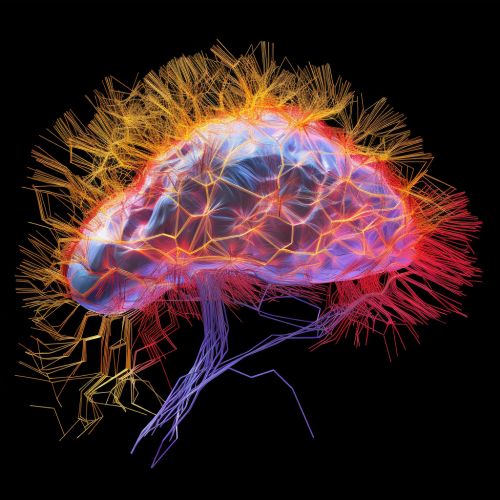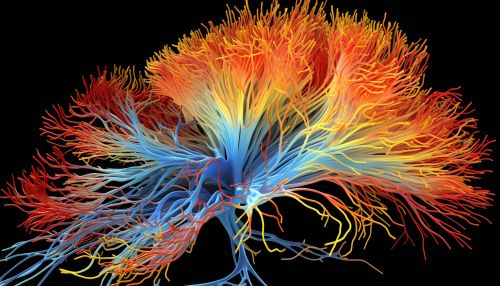Semantic Memory
Introduction
Semantic memory is a component of long-term memory that processes ideas and concepts that are not drawn from personal experience. It includes common knowledge such as the names of colors, the sounds of letters, the capitals of countries and other basic facts acquired over a lifetime.


Conceptualization
The term "semantic memory" refers to a part of the long-term memory that processes ideas and concepts not drawn from personal experience. The concept of semantic memory was first introduced by Endel Tulving, a cognitive psychologist, in 1972. Tulving proposed that our memory is divided into two types: episodic and semantic. Episodic memory consists of our personal experiences and specific events, while semantic memory involves our factual knowledge about the world, independent of personal experience or identity.
Characteristics
Semantic memory includes things that are common knowledge, such as the names of colors, the sounds of letters, the capitals of countries and other basic facts acquired over a lifetime. It is distinct from episodic memory, which involves recollection of specific events, and procedural memory, which involves recollection of how to perform tasks. Semantic memory is theoretically capable of infinite storage capacity and duration, and its contents are used by almost all cognitive processes.
Semantic Memory and the Brain
The precise mechanisms and locations of semantic memory storage in the brain are not fully understood, but it is generally agreed that semantic memory involves a widely distributed system throughout the brain. Several brain areas have been implicated in semantic memory, including the temporal lobes, frontal lobes, and parts of the parietal lobes.
Semantic Memory Disorders
Disorders of semantic memory can occur as a result of brain damage, disease, or psychological trauma. These disorders can manifest as difficulty remembering facts, concepts, or meanings. Examples of semantic memory disorders include semantic dementia, in which patients lose the ability to remember the meaning of words or objects, and anomia, a disorder characterized by difficulty naming objects.
Semantic Memory in Artificial Intelligence
Semantic memory is also a concept in the field of artificial intelligence. In this context, it refers to the ability of a machine to remember factual information. This is typically achieved through the use of databases or knowledge graphs, which store information in a structured format that can be queried by the machine.
